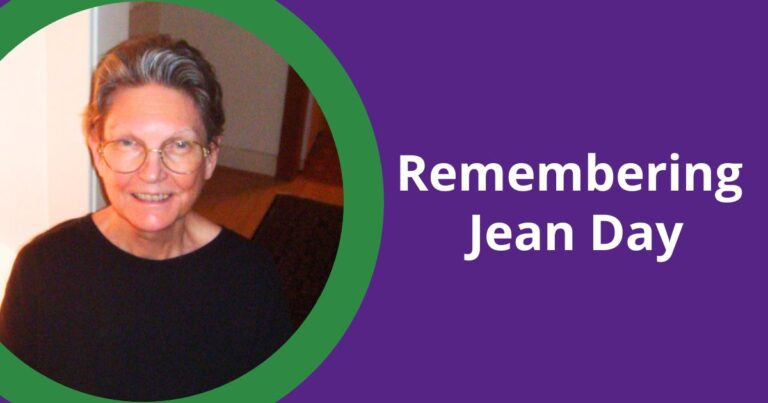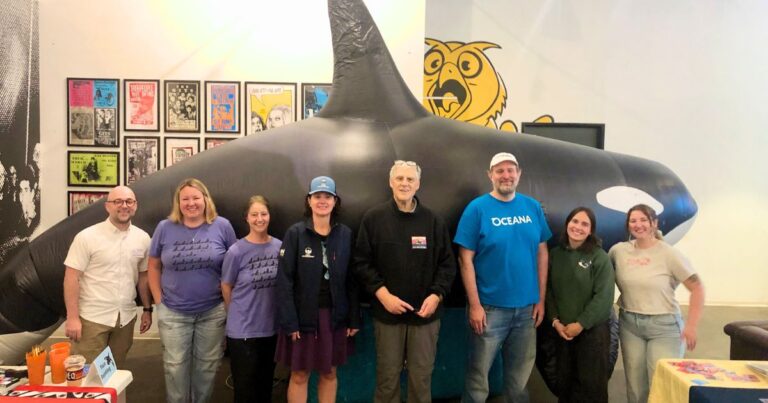It is impossible to avoid hazardous chemicals in products on store shelves. They often aren’t listed on labels, you can’t always smell them, and sometimes they impart characteristics we think are helpful—like stain resistance on furniture—but come with a potentially toxic exposure that can cause health harms like cancer.
This is why we need stricter regulations on toxic chemicals in products.
Through the groundbreaking law, Safer Products for Washington Act, Washington state is taking bold steps to put in place protections that will make products healthier and more sustainable.
After decades of work by Toxic-Free Future and our many partners, Washington’s Department of Ecology has proposed the first set of rules under the Safer Products for Washington Act. On February 14, 2023, Toxic-Free Future together with 25 additional organizations submitted a letter to Washington Governor Jay Inslee and the Department of Ecology, stressing the importance of their adoption.
If adopted in June 2023, the rules as part of the Safer Products for Washington Act will end the use of thousands of dangerous chemicals in four chemical classes found in 10 types of products, including:
- Organohalogen flame retardants in electric & electronic products with plastic external enclosures intended for indoor use and certain flame retardants in recreational polyurethane foam
- PFAS “forever chemicals” in carpets, rugs, and indoor leather and textile furnishings and in aftermarket stain- and water- resistance treatments
- Phthalates in fragrances of beauty and personal care products and in vinyl flooring
- Bisphenols in drink cans and thermal paper
- APEs (Alkylphenol ethoxylates) in laundry detergent
Toxic-Free Future supports these restrictions
Washington state is leading the nation with proactive policies that will propel the market to safer solutions and reduce hazardous chemicals that plague our state’s communities, waters, and wildlife. No other state is doing more to ban highly hazardous chemicals in products and packaging or to identify safer alternatives.
Washington State Department of Ecology issued a comprehensive report on safer, available alternatives to those with proposed restrictions, enabling affected companies to get off the “toxic treadmill.” For example, Ecology:
- Identified seven alternatives to organohalogen flame retardants that can be effectively used in plastic enclosures. TCO Certified, a leading third-party certification organization for electronics and electronic products, has certified over 1,000 products that use safer, non-halogenated flame retardants in their plastic enclosures. These safer solutions do not compromise fire safety, as they meet all applicable fire safety standards.
- Demonstrated that PFAS are not necessary to use on carpets, rugs, and upholstered furniture. For stain treatments, Ecology identified NikWax and other cleaners that are U.S. EPA Safer Choice Certified.
- Identified a safer coating for beverage cans instead of bisphenols. Unfortunately, Ecology did not identify a safer lining for food cans. While food can manufacturers have largely moved away from using bisphenols, polyester made with antimony and PVC is used widely.
- For laundry detergents, as with stain treatments, many options exist that are U.S. EPA Safer Choice Certified.
Recommended improvements to the proposed regulations
Toxic-Free Future would like to see the amounts of toxic chemicals still allowed in products under the proposed restrictions minimized. Protecting the most vulnerable, including highly impacted communities, is core to the law. Regulatory limits on toxic chemicals must be both 1) close to zero and 2) well-enforced. Failing this, already overburdened individuals and communities will continue to shoulder the burden to protect themselves, exacerbating the existing injustice.
The time is now!
The Washington State Department of Ecology has until June 1st, 2023, to finalize the proposed rule. After 20 years, with proven safer solutions available, now is the time for the state to restrict these toxic chemicals, taking a strong stand against their presence in our homes and our environment.





